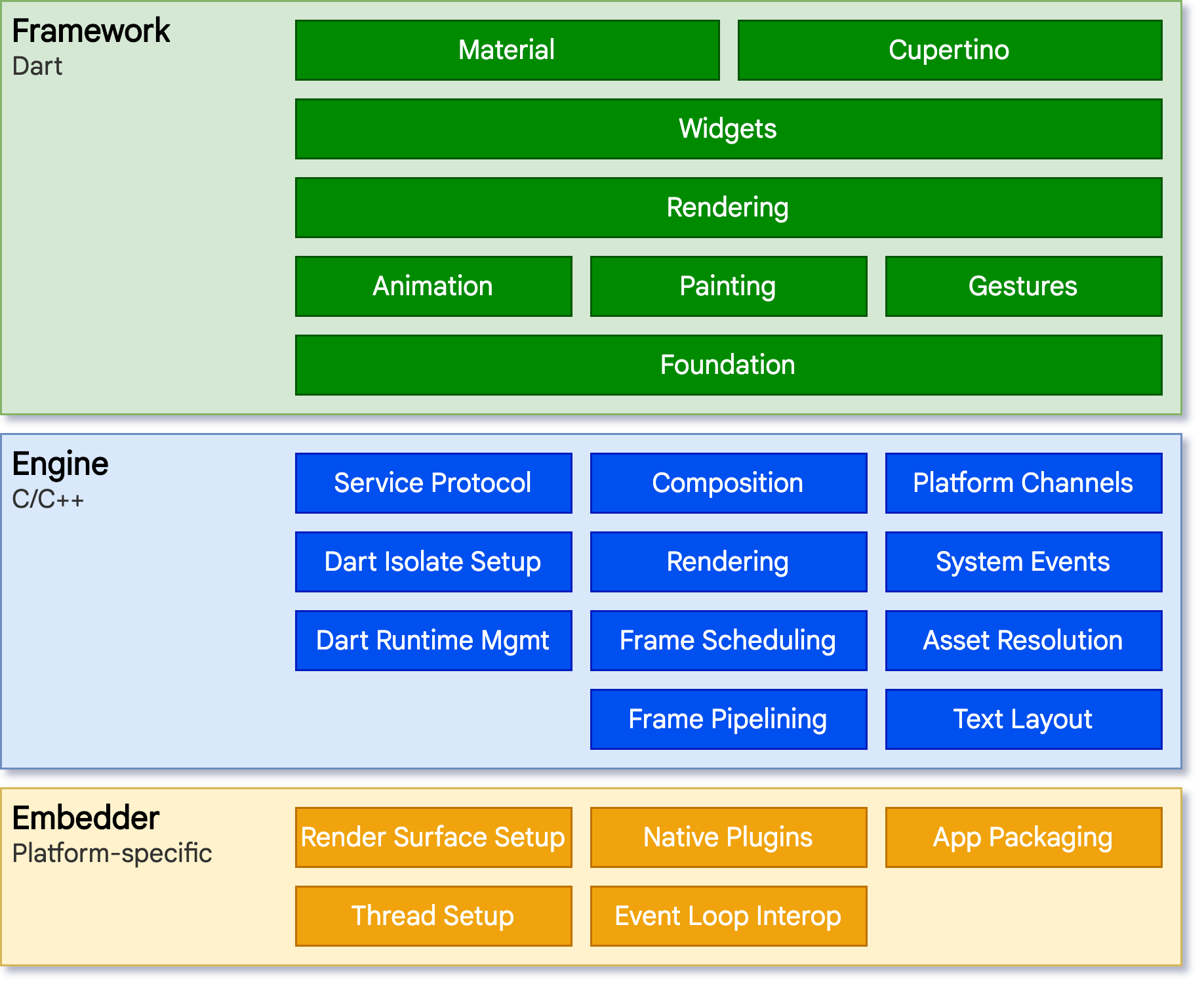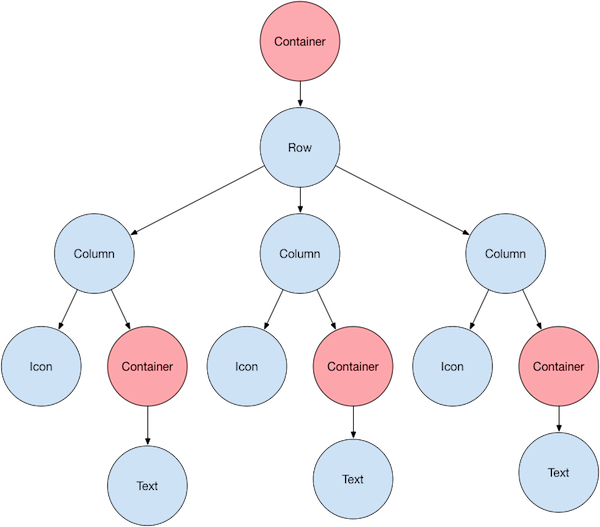Look, Flutter isn't magic. It's Google's attempt to solve cross-platform development, and it's actually pretty good at what it does. But let's be honest about what you're getting into.
Widget Hell and State Management Nightmares
Everything in Flutter is a widget. Sounds simple, right? Wrong. You'll start with a simple button and end up with widget trees that look like this:
MaterialApp(
home: Scaffold(
body: SafeArea(
child: Container(
padding: EdgeInsets.all(16),
child: Column(
children: [
Expanded(
child: ListView.builder(
// 8 more levels deep...
And that's before you add state management. Speaking of which - BLoC, Provider, Riverpod, setState? Pick your poison. They all work, they're all overkill for simple apps, and they're all necessary for complex ones. I spent 6 hours debugging why my shopping cart counter was rebuilding the entire UI every time someone clicked add to cart. Turns out Provider was being stupid about context.
For a detailed comparison of these state management approaches, check out this comprehensive analysis that covers the pros and cons of each.

Hot Reload: When It Works, It's Amazing
Hot reload is Flutter's killer feature. Change your code, save, and boom - instant updates without losing app state. When it works.
Hot reload breaks randomly and you'll waste 20 minutes restarting everything. Sometimes it decides your const constructors aren't const anymore. Sometimes it just shrugs and refuses to update the UI. The nuclear option - hot restart with R - usually fixes it, but you lose all your state.
Pro tip: If your layout looks fucked after hot reload but works fine on full restart, it's probably a hot reload bug, not your code.
Dart: Actually Pretty Decent
Dart gets a lot of hate, but it's honestly not bad. Null safety (finally stable in Dart 2.12+) prevents the classic null pointer explosions that plague other languages. The syntax is familiar if you've used Java or C#.
The real advantage is ahead-of-time compilation for release builds. Your Flutter app compiles to actual machine code, not some interpreted bullshit. Performance is legitimately close to native - I've seen 58-60 FPS on complex UIs where React Native struggles to hit 30 FPS consistently.
According to performance benchmarks, Flutter demonstrates solid FPS performance while maintaining reasonable memory usage. The official Flutter performance guide covers optimization techniques that can get you even closer to native performance.

Cross-Platform Reality Check
Yes, you can deploy to iOS, Android, web, and desktop from one codebase. About 90% of your code will work everywhere. The other 10% is platform-specific hell.
Want to access the camera? Different platform-specific plugins for different platforms. Need file system access? Hope you enjoy conditional imports and platform channels. iOS builds that work perfectly locally will randomly fail in CI because Xcode updated and broke something.
Flutter web is... functional. It works for web apps, not websites. SEO is garbage unless you pre-render. Bundle sizes are huge (5MB+ is common). But if you're building a dashboard or admin panel, it's actually pretty solid. Check out the web deployment guide for optimization strategies.
Production Deployment War Stories
I've shipped Flutter apps to production. Here's what actually happens:
Our e-commerce app worked flawlessly in development. First day in production, iOS users complained about crashes during checkout. Turns out our payment flow triggered a memory leak in the WebView plugin that only showed up under load.
Flutter web performance is a joke until you know what you're doing. Our initial web build was 12MB and took 15 seconds to load on 3G. After tree shaking, splitting bundles, and switching to the HTML renderer for simple UIs, we got it down to 3MB with decent load times.
The Impeller renderer (now default on iOS) fixed the shader compilation stutters that made animations feel janky. But it also broke some of our custom painting code because it's stricter about GPU resources.
Flutter enables true cross-platform development from a single codebase, supporting mobile, web, and desktop platforms with native performance.

